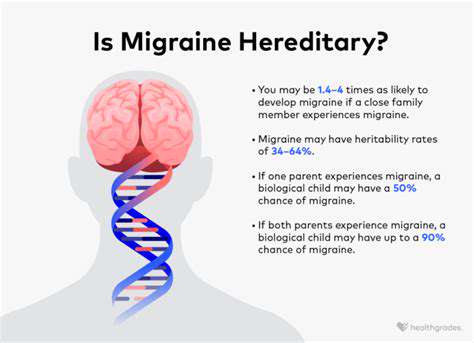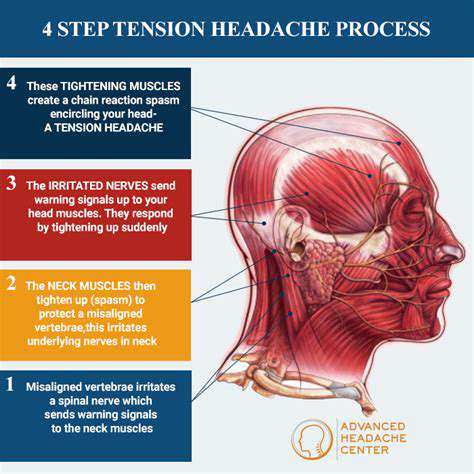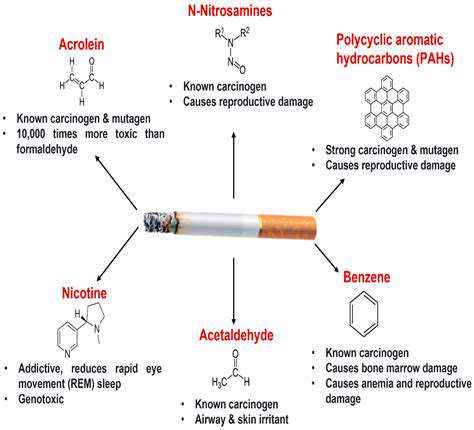empty_div
no_meaningful_content
HTML
CSS
Sind Ihre Kopfschmerzen genetisch bedingt? Die familiäre Verbindung erforschen
Erforschung genetischer Verbindungen zu anderen Kopfschmerztypen

Genetische Veranlagung zu Kopfschmerzen
Während Migräne oft im Mittelpunkt genetischer Forschung zu Kopfschmerzen steht,
Read more about Sind Ihre Kopfschmerzen genetisch bedingt? Die familiäre Verbindung erforschen
Kopfschmerzen auf der linken Kopfseite beim Bücken: Symptome verstehen
May 01, 2025
Schmerzen im unteren Kopfbereich und im oberen Nackenbereich: Ursachen und Behandlungsmöglichkeiten
May 01, 2025
Bildschirmzeit und digitale Augenbelastung: Ein moderner Auslöser für Kopfschmerzen?
May 06, 2025
Kann das Wetter wirklich Kopfschmerzen verursachen? Die Beweise untersuchen
May 19, 2025
Befreie dich: Werde Experte für deine eigenen Migräne
Jun 01, 2025
Die Verbindung zwischen Haltung und Kopfschmerzhäufigkeit
Jul 04, 2025
Kombination akuter und präventiver Migränetherapien
Jul 08, 2025
Die Vorteile von Riboflavin (Vitamin B2) zur Migräneprävention
Jul 09, 2025
Die Auswirkungen von Rauchen und Vaping auf die Häufigkeit von Kopfschmerzen
Jul 14, 2025
Ermächtigung durch Wissen: Die Kontrolle über Ihre Migräne übernehmen
Jul 16, 2025
Wie Tiertherapie helfen könnte, Stress bei Migräne-Patienten zu reduzieren
Jul 23, 2025
Sportler und Kopfschmerzen: Vorbeugung und Behandlung
Jul 26, 2025











